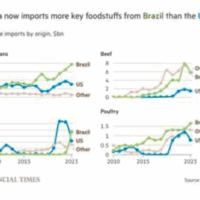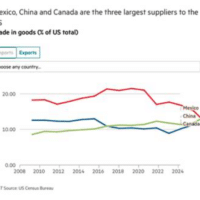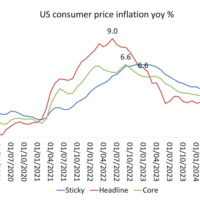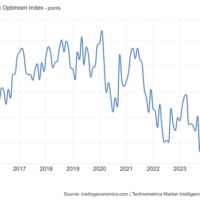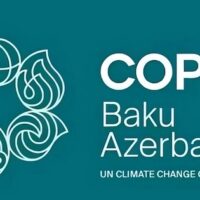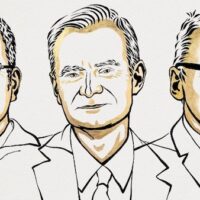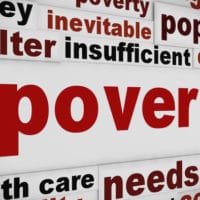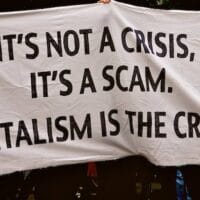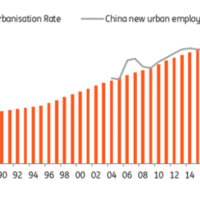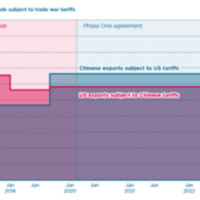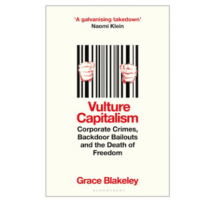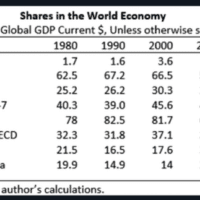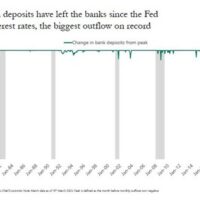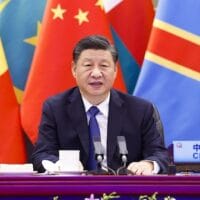-
150 years since the Critique of the Gotha Programme
The Critique was in a short letter written by Marx 150 years ago. In 2025, it remains just as clear and relevant to understanding communism as the alternative to capitalism.
-
Tariffs, Triffin and the dollar
Trump backed down because the bond market was showing signs of severe stress that could lead to a credit squeeze, particularly for hedge funds that own a significant stock of U.S. bonds.
-
Trump’s slump
Where is all this going? Well, it means a slump in production in the U.S. and most major economies; and it means a revival of inflation, particularly in the U.S. This is madness, no? Well, as I said last February when all this kicked off, there is method in this madness.
-
Liberation day
It’s not April Fools day (1 April). But it might as well be as later today U.S. President Donald Trump announces another barrage of tariffs on imports into the U.S. in what Trump calls ‘Liberation Day’ and what America’s voice of big business and finance, the Wall Street journal, has called “the dumbest trade war in history.”
-
From welfare to warfare: Military Keynesianism
Warmongering has reached fever pitch in Europe. It all started with the U.S. under Trump deciding that paying for the military ‘protection’ of European capitals from potential enemies was not worth it.
-
Trump’s MAGA and deregulation
Trump sees the United States as just a big capitalist corporation of which he is chief executive.
-
A whiff of stagflation
The major economies are exhibiting signs of stagflation.
-
AI going DeepSeek
DeepSeek, a Chinese AI company, released an AI model called R1 that is comparable in ability to the best models from companies such as OpenAI, Anthropic and Meta, but was trained at a radically lower cost and using less than state-of-the art GPU chips.
-
U.S. economy: An exceptional boom or a bubble to burst?
Recently, there has been a spate of articles and commentary about ‘U.S. exceptionalism’, namely that the U.S. economy is bounding forward in terms of economic growth, hi-tech investment and productivity, leaving the rest of the world behind.
-
COP-out 29
The main issue was how much would the rich countries hand over to the poor countries to pay for the measures to mitigate global warming and handle the damage caused by rising ‘greenhouse gas’ emissions.
-
Why Nations succeed or fail: a Nobel cause
Daron Acemoglu, Simon Johnson and James A Robinson have been awarded the Nobel (really the Riksbank prize) in economics “for studies of how institutions are formed and affect prosperity.”
-
Measuring global poverty
To track progress towards its goal of eradicating extreme poverty by 2030, the UN relies on World Bank estimates of the share of the world population that fall below the so-called International Poverty Line (IPL).
-
Marx’s theory of value: Collapse, AI and Petro
A site called Marxism and Collapse (M&C) has conducted a ‘dialogue’ with an AI model called Genesis Zero (GZ) that includes “an expansion and refutation” of Marx’s theory of value. The human voice (M&C) asks questions and leads the AI model (GZ) into discussing the inadequacies of Marx’s value theory and to reach a new, […]
-
IIPPE 2024: Imperialism, China and BRICS+
The countries of the BRICS+ were just as capitalist and imperialist as the imperialist bloc of the Global North, argued Ngawani.
-
China’s Third Plenum
The Third Plenum is a meeting of China’s Communist Party Central Committee composed of 364 members which discusses China’s economic policy for the next several years.
-
Tariffs, technology and industrial policy
Last Tuesday, the trade and technology war launched by the U.S/.on China back in 2019 took another ratchet up.
-
Vulture capitalism
Grace Blakeley is a media star of the radical left-wing of the British labour movement. She is a columnist for the left-wing journal, Tribune, and a regular panellist on political debates in broadcasting—often the only spokesperson on the left advocating socialist alternatives.
-
Modern supply-side economics and the New Washington Consensus
Last month, the U.S. National Security Advisor, Jake Sullivan, outlined the international economic policy of the U.S. administration. This was a pivotal speech, because Sullivan explained what is called the New Washington Consensus on U.S. foreign policy.
-
Banking crisis: is it all over?
Bank stock prices have stabilized at the start of this week. And all the key officials at the Federal Reserve, the U.S. Treasury and the European Central Bank are reassuring investors that the crisis is over.
-
Xi’s third term – part one: growth, investment and consumption
China’s Congress of the Communist Party takes place this week.


